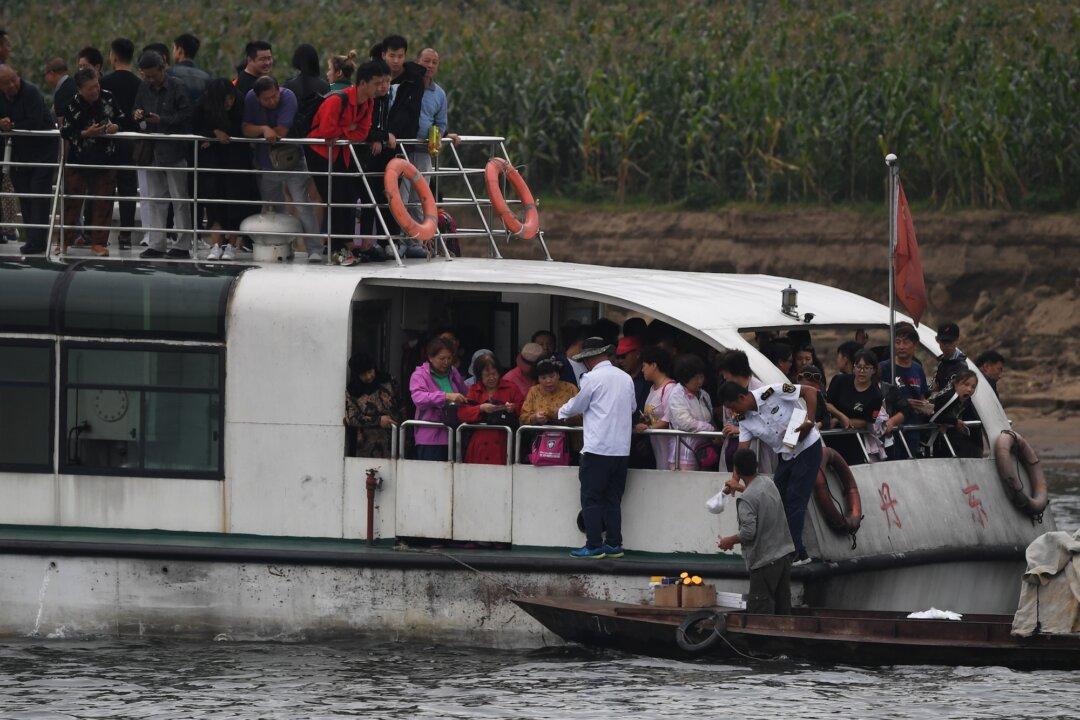In China’s latest attempts to rein in North Korea and its expanding nuclear program, China has halted all tours into the North Korean capital of Pyongyang.
Chinese tour operators based in the Chinese border city of Dandong—where most tours bringing Chinese tourists to North Korea start out—were informed by the Dandong Tourism Bureau on Nov. 7, the day before U.S. President Donald Trump’s first official visit to China, according to anonymous sources who spoke with Reuters.





